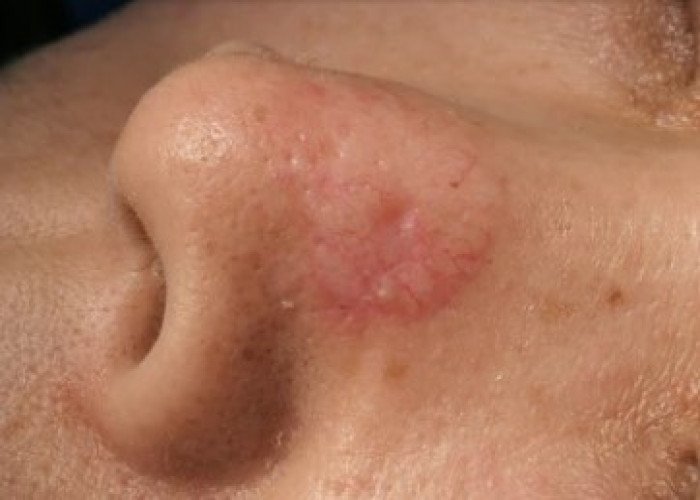 Welcome
Welcome
“May all be happy, may all be healed, may all be at peace and may no one ever suffer."
Plague - Homeopathic remedies
Plague is a serious bacterial infection caused by the bacterium Yersinia pestis. The disease is transmitted from animals to humans through the bite of infected fleas. Plague can also be transmitted through direct contact with infected animals or their bodily fluids, or through inhalation of respiratory droplets from infected humans or animals.
Plague can manifest in several forms, including bubonic plague, septicemic plague, and pneumonic plague. Symptoms of bubonic plague include fever, chills, headache, muscle aches, and painful swelling of lymph nodes. Septicemic plague can cause symptoms such as fever, chills, rapid heartbeat, abdominal pain, vomiting, and diarrhea. Pneumonic plague can cause symptoms such as fever, cough, chest pain, and difficulty breathing.
Plague is a serious and potentially life-threatening disease, but it can be treated with antibiotics if caught early. Prevention measures include avoiding contact with infected animals or fleas, wearing protective clothing when in areas where plague is known to occur, and using insect repellent. If you suspect that you may have been exposed to plague, seek medical attention immediately.

Knee arthritis

Hey fever

Vaginal itching

Foul-smelling sweat

Cancer of nose

Faint

Night emission

Sensuality
Plague, প্লেগ
To be happy, beautiful, healthy, wealthy, hale and long-lived stay with DM3S.
